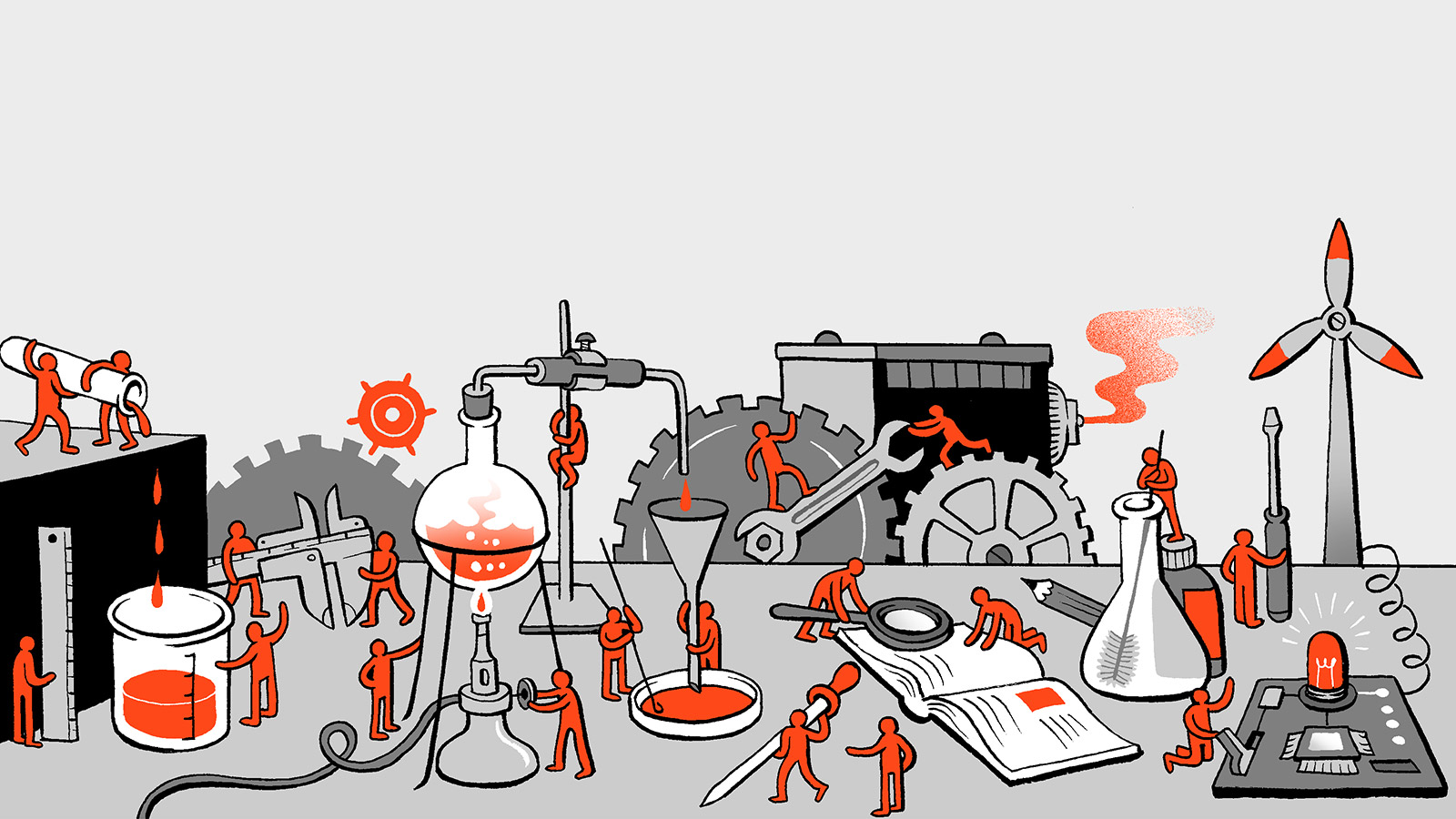Last May the Science Teaching Group was asked to participate in the Great American Food Act, a festive day on the Boston Common, devoted to the food crisis. In line with other current crises, in ecology, energy, war, and unemployment, this year it was food. We wished to expose this crisis as symptomatic of the...
Author - SftP Publishing
That exposure to chemicals leads to cancer in humans has been know for two hundred years. In 1775 a British physician noted the high incidence of cancer among chimney sweeps, and correctly attributed it to their exposure to coal tar and soot. Since then a vast body of evidence has accumulated showing that many...
This paper is addressed to people interested in agriculture and agricultural policy in relation to food production problems in the world today. In our opinion, many articles which attempt to discuss food production problems fall into two disjoint categories:
A new wave of technological change is gathering. Only this time it threatens to be more than a new arrangement of control systems and conveyors. The “robot” is finally upon us and may condemn to the scrap heap people who are working not only in factories but in offices and in various service industries formerly...
The Ann Arbor chapter of Science for the People has been active in a number of projects since last September. A display board explaining the differences between the conservative, liberal and radical approaches to the food and population issue was constructed and set up in the Zoology department at the University of...
On May 13, at Countway Library in Boston, a packed audience heard three panelists with various scientific backgrounds describe an ominous trend that seems to be turning scientific research into a “secular priesthood” lending its image as scientific “truth seekers” to those who would “cash in” on it.
Throughout the past year Joe McDonald and I taught a course on work at Home Base School in Watertown Ma. I am a volunteer, and Joe is a regular salaried staff member. Home Base is a public alternative high school with 100 students drawn mostly from working-class families. It is informal and tries to involve students...
Some Worker-Oriented Projects Boston area: Occupational Health and Safety Project/ Urban Planning Aid. —this group provides free assistance to unions and organizers in trying to understand and correct health and safety problems. They have published many helpful fact sheets and pamphlets. Among the most useful of these...
The caribbean island of Puerto Rico is one of the few colonies still existing in the world. The invasion of the island by USA military forces in 1898, during the U.S. war with Spain and Cuba, marked the beginning of this colonial relationship as well as one of the first imperialist adventures of the U.S. government.
The following article includes a critical discussion of a negative role played by representatives of the OCAW in organizing efforts at a small plastics factory in Tennessee. We wish to point out that the OCAW has been one of the more progressive U.S. unions, particularly in the area of occupational health. We hope the...


